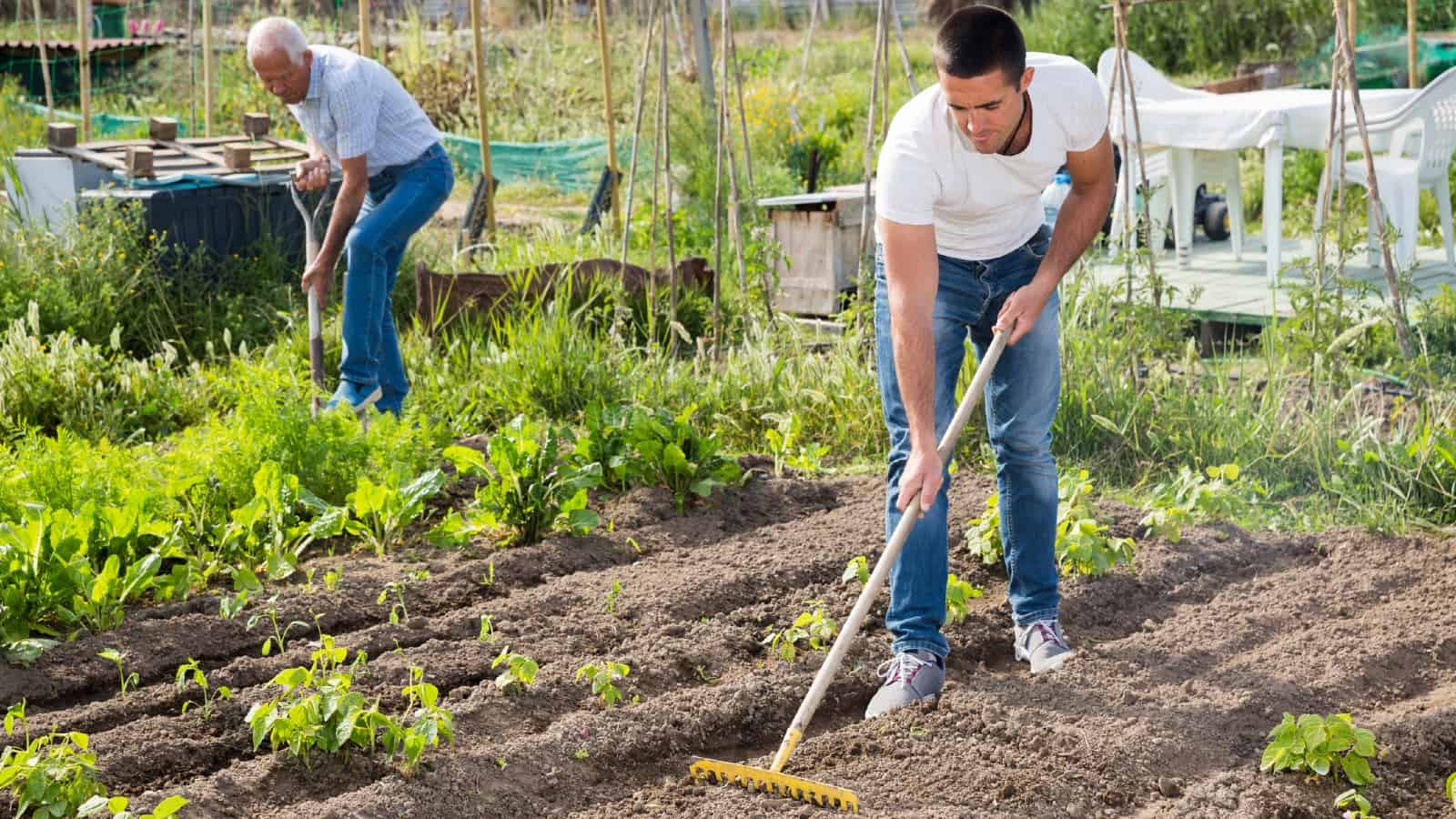With a net worth of $104bn, Bill Gates has a lot more investment avenues open to him than I do through my humble Stocks & Shares ISA.
For example, the Microsoft founder is fond of farmland. Over the last five years, he has gone on a buying spree that has left him holding 270,000 acres.
Farmland can be a fantastic hedge against inflation. It is a hard asset and it produces a positive cash flow (unlike gold). Then, there is the fact that the amount of arable land per capita has more than halved over the last six decades and is expected to keep declining.
Should you invest £1,000 in 95841 right now?
When investing expert Mark Rogers has a stock tip, it can pay to listen. After all, the flagship Motley Fool Share Advisor newsletter he has run for nearly a decade has provided thousands of paying members with top stock recommendations from the UK and US markets. And right now, Mark thinks there are 6 standout stocks that investors should consider buying. Want to see if 95841 made the list?
Interestingly, farmland property values are negatively correlated with the S&P 500, making arable land a potential portfolio diversifier, like government bonds.
Although I can’t outright snap up farms like Gates has done, there is one way I can get exposure to this asset class using my Stocks & Shares ISA.
A two-horse race
UK investors may be disappointed to learn that, at least for now, there are no real estate investment trusts (REITs) dedicated to buying up England’s pleasant pastures of green.
The only two farmland REITs I have dug up are US-listed.
- Farmland Partners (NYSE:FIP): with 160,000 acres owned and a book value of $1.1bn, this REIT is the bigger of the two
Farmland Partners focuses on ‘row crop farms’, that is, commodity products that are replanted yearly like corn, soybean, and wheat. By acreage, 90% of its portfolio is made up of these types of crops.
Its properties are spread across 18 American states. It rents out the land to tenant farmers, currently boasting an impressive 0% vacancy rate. Expansion is the name of Farmland Partners’ game, with $800m worth of target properties lined up for potential acquisition.
- Gladstone Land Corporation (NASDAQ:LAND): this REIT is the smaller of the two, with 115,000 acres spread across 15 states and a book value of around $600m
Its unique selling point is that it has a stronger focus on ‘permanent crops’. These are planted once and may last for up to 25 years, for example, almonds, avocados, and oranges.
Gladstone Land says these permanent crops face less price volatility and that all of its farms come with their own water supplies, meaning they are not as dependent on rainfall.
Don’t bet the farm!
While I like the idea of diversifying my portfolio by adding in an alternative asset class like farmland, neither of these REITs appeals to me after looking at their financials.
Farmland Partners is trading at 1.4 times its book value, while its debt-to-equity ratio is a staggering 62. As interest rates rise, I am worried that Farmland Partners’ already razor-thin profit margins could be wiped out.
Meanwhile, Gladstone Land is already losing money, with earnings per share of -0.29 cents. It is true that this REIT is trading equal to book value following a collapse in its price over the last 12 months of 21%. However, its debt-to-equity ratio is 111, making it almost twice as indebted as its rival farmland REIT.
Farmland may be a great inflation hedge, but the only two REITs offering me exposure through my Stocks & Shares ISA look over-leveraged. As interest rates rise, I fear servicing such heavy debt loads could become a hard row to hoe.








